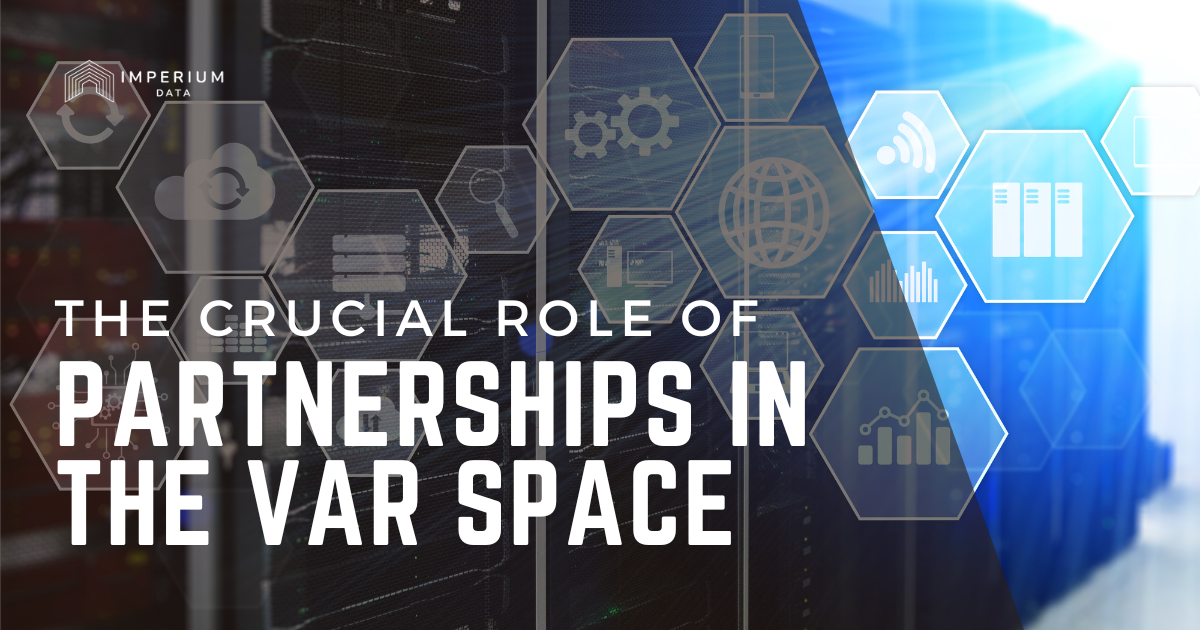Years ago, it was important for someone entering the information technology field to be “certified.” The actual certification wasn’t the most important detail since there were only a handful of recognized certifications. But having one of them on your resume was a real plus and raised the ceiling in your chosen career.
As the IT space has expanded and segmented exponentially, things are very different today. Certifications aren’t part of the ceiling; they’re now the floor foundation for all prospective employees. Certifications are both necessary and expected to pursue a successful career, and the type of certification(s) you can claim is extremely important as well. Your area of specialization (and the appropriate certifications that go along with it) will determine your appeal in a competitive job market. And if you don’t have the right ones, you likely won’t be seen as the right fit.
If you’re armed with the proper certifications, you stand a better chance of finding a great position. With that in mind, what are the top certifications for IT professionals in terms of getting started in the field, advancing to senior positions, and current demand in today’s marketplace? While there’s an ever-expanding list of IT certifications, keep these in mind as you look to expand your knowledge base in the IT field:
Getting Started
CompTIA A+.
This certification prepares a candidate to handle and maintain various hardware assets in a company. It’s often the first step toward an entry-level support position in the world of information technology.
Cisco Certified Network Associate (CCNA).
This certification demonstrates proficiency in operating and configuring network hardware. If a candidate is considered a contact point for resolving connectivity issues, the CCNA is a common (and often expected) certification.
Microsoft Technology Associate (MTA).
Rather than cover one specific certification, the MTA designation offers several different areas of specialization, including Windows, software development, security, gaming development, and database fundamentals. Each MTA certification is a good first step on a specialized career path in information technology.
Specialization: Cloud
Azure Solutions Architect Expert.
This expert certification from Microsoft demonstrates expertise in infrastructure development and strategic planning. The candidate can design data platform solutions, accommodate security requirements and create a migration and integration strategy for cloud assets.
Professional Cloud Architect.
Candidates with this certification from Google can plan, design, and manage cloud architecture. Candidates can implement solutions while staying within the boundaries of compliance and security.
AWS Solutions Architect.
A certification for a dominant cloud provider, the candidate will have the knowledge and experience to handle the infrastructure, architecture, and applications used on the Amazon Web Services platform.
Specialization: Cybersecurity
Certified Information Systems Security Professional (CISSP).
The CISSP certification shows a candidate’s proficiency in developing, implementing, and managing a security program, including monitoring, testing, and risk assessment. The expertise in security includes data, communications, and overall network health.
Certified Ethical Hacker (CEH).
The CEH certification allows candidates to one-up hackers by using the same methods and tools they use to disrupt systems and networks. Instead of using those tools to cause harm to a business, they identify vulnerabilities and weaknesses so they can be fixed and advise a company how to protect itself from future attacks.
Certified Information Security Manager (CISM).
A good choice for IT professionals looking to advance into a management position, this certification covers security program development, risk management, and incident management. Information security covers a wide range of vulnerabilities and requires proactive planning, and the CISM certification demonstrates proficiency in both.
For those prospective employees interested in both the cloud and cybersecurity, the Certified Cloud Security Professional (CCSP) certification demonstrates expertise in security as it relates to the cloud. It’s a designation that would appeal to different types of IT workers, including cloud architects, security architects, designers, consultants, and those involved in information technology management.
Higher Certifications
Cisco Certified Internetwork Expert (CCIE).
The CCIE is the highest level of certification Cisco offers. Like the entry-level MTA from Microsoft, the CCIE is specialized in different areas such as data center, security, and collaboration. As well as enterprise infrastructure and enterprise wireless. A CCIE in any of these areas demonstrates an advanced level of expertise.
Project Management Professional (PMP).
The PMP is an advanced-level certification covering the details of every stage of project management, from initiating and planning, to executing, monitoring, and closing. The requirements to take the exam are significant, but the PMP is a valuable certification for any prospective employee dealing with specific projects for an organization.
Need More Help?
Those IT certifications are just a few of the many offerings by different industry leaders. So which ones are most valuable based on your specific needs? To find out requires a careful analysis of your unique situation and determine which certifications provide the best path based on your interests and abilities.



